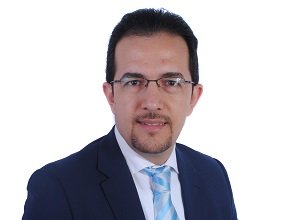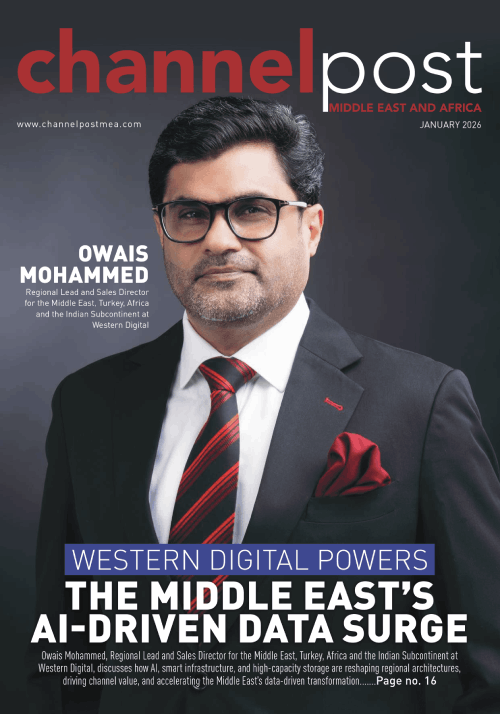
EMT Distribution, the exclusive distributor for Secunia in Middle East, today announced the region wide availability of the new Secunia Personal Software Inspector (PSI) 3.0 in Arabic.
The company expects the arabic language support to Secunia PSI 3.0 version will help individual PC users across the Arab world to stay more secure.
Secunia PSI 3.0 is a free security solution for private users, which scans the computer and identifies software that is insecure and in need of security updates, or patches. If the software vendor provides security updates, Secunia PSI 3.0 users will receive them. And by introducing an Arabic language version of the user interface to improve user-friendliness, Secunia will help raise the security level of computers in the Middle East.
Mohammad Mobasseri, CEO, EMT Distribution said, ‘With the Arabic language support to PSI, Secunia has acknowledged the rising status of Arab world in the global arena. The Middle East has the highest internet penetration rate in the world and the use of social media by Arabs has reached new heights. We are confident the introduction of Arabic will help private PC users in the Arab world stay more secure.”
The number of vulnerabilities is on the increase, particularly in non-Microsoft (third-party) programs, and users need to be even more diligent about updating all the programs on their computers with the software security updates regularly issued by the software vendors.
Morten R. Stengaard, CTO at Secunia said, “The problem with vulnerabilities is that a vulnerability is like a backdoor to your PC: through vulnerable software, hackers can gain access to your computer and exploit your personal data, including bank details and passwords.
Morten further said, “With the Secunia Personal Software Inspector, we strive to make it easy for the less tech savvy computer users to protect their computer from insecure software. In 2014, we plan to start issuing Country Reports for the Arab world, as we are currently doing for 12 countries in Europe, and the US.”












